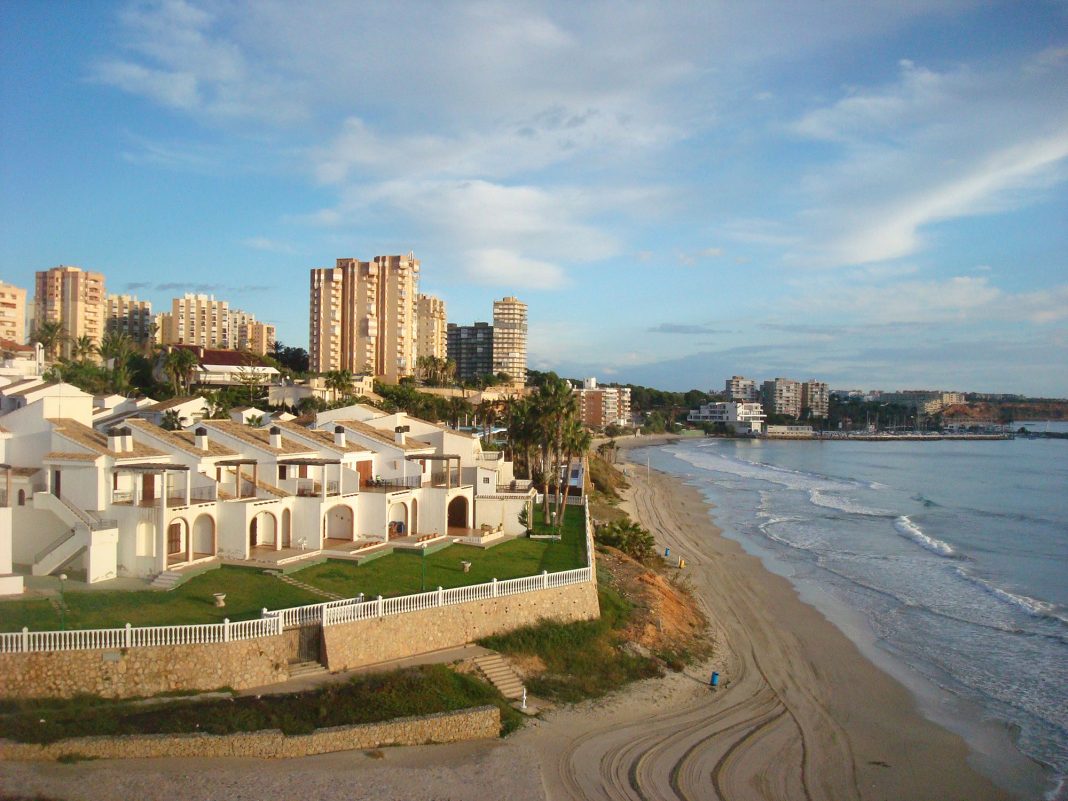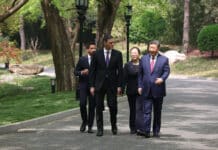The real estate sector, one of the great engines of the economy in the province of Alicante, with 5,400 million euros in turnover in 2019, has shown a greater capacity for resilience to successive waves of the pandemic than some of the others, such as tourism or trade, because restrictions do not scupper a property sale as easily as a hotel reservation.
But that does not mean that it is operating at anything like normal levels with the absence of overseas buyers, because of the closure of borders. Most properties in the province are sold to foreign clients and if they are no able to visit, inspect and satisfy themselves of the quality and satisfactory condition of the property, the sale will not be made at this time.
Potential purchasers will continue to browse in property and real estate websites, but unless they can visit the location themselves, they will simple ‘bookmark’ the purchase.
The decision to buy a property is not impulsive, and therefore it is rarely cancelled, but the succession of difficulties since last spring, considering that the key month for sales is usually May, has affected both the foreign buyer and now the domestic one, who was initially compensating for the lack of sales, which experts estimate at 30% of annual turnover.
That is, in the case of home sales to foreigners, about 1,000 million euros in the first third of 2021.
“There is a lot of demand, we still see a lot of interest”, said one source who operates in the sector, “but the problem is that they cannot come to visit the properties, or to carry out the legal processes. Another promoter said that “in general, foreign buyers have no problem paying a deposit from their country, but then you have to convert the reservation into a sale, there is still a barrier in terms of buying a home without seeing it first.” Therefore, the impossibility of travelling to Alicante to visit the property prevents the potential interest from being transformed into sales.
Only last week the employer’s association of Alicante developers, Provia, asked the Generalitat to introduce a safe health corridor to allow the entry into the Valencian Community for those people travelling to purchase a home. Provia proposed in a letter, submitted to both the Presidency and Tourism that, to formalise a visit to the Costa Blanca, the promoter generates a formal invitation to the client or potential client, justifying his presence to the authorities in the province.
The association of developers estimates that each year, approximately 34,000 visits are made to the province expressly to inspect a home, of which about 22,000 end up making the purchase. The problem now is that foreign buyers cannot come into Spain, the United Kingdom, for example, contributes a fifth of the business historically. The mobility of national buyers is also restricted, which during 2020 offset much of the fall in sales.
“The national buyer, who comes to Alicante from other parts of Spain in search of a second home, usually does so over the weekends, to get to know the surroundings, but now at weekends the borders are closed, further complicating the mobility of the home buyer.
Without the pandemic and the restrictions, home sales to foreigners could amount to around 3,000 million euros this year, of both new and used housing.
But the confinement endangers this, or at least surrounds it in uncertainty so, without safe corridors like those proposed by Provia, there is no other choice but to wait for the vaccination program to do its job, the temperatures to rise and the curve to drop back to the minimum levels that we saw last summer.





